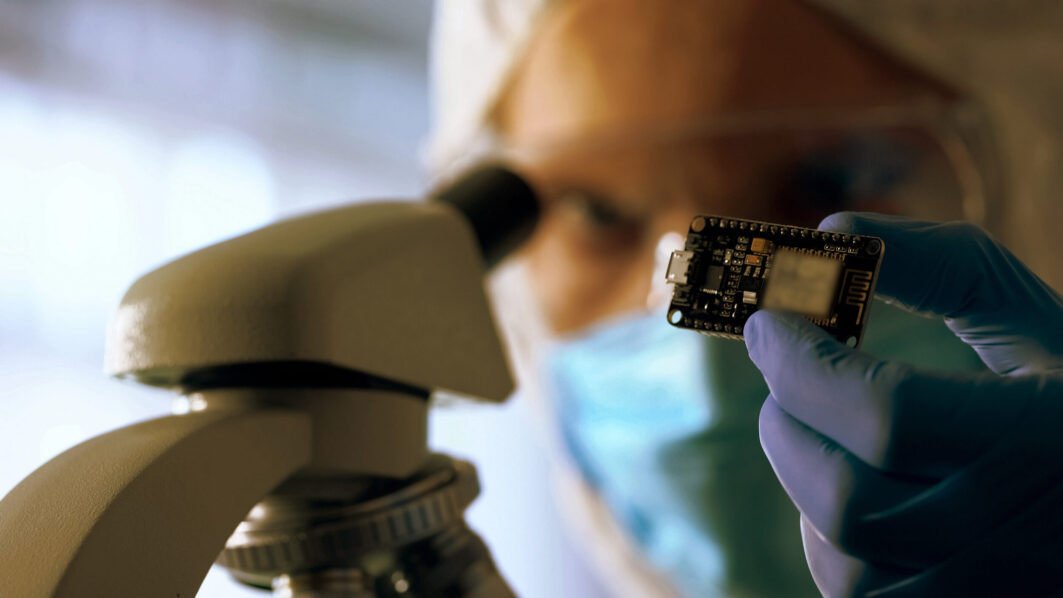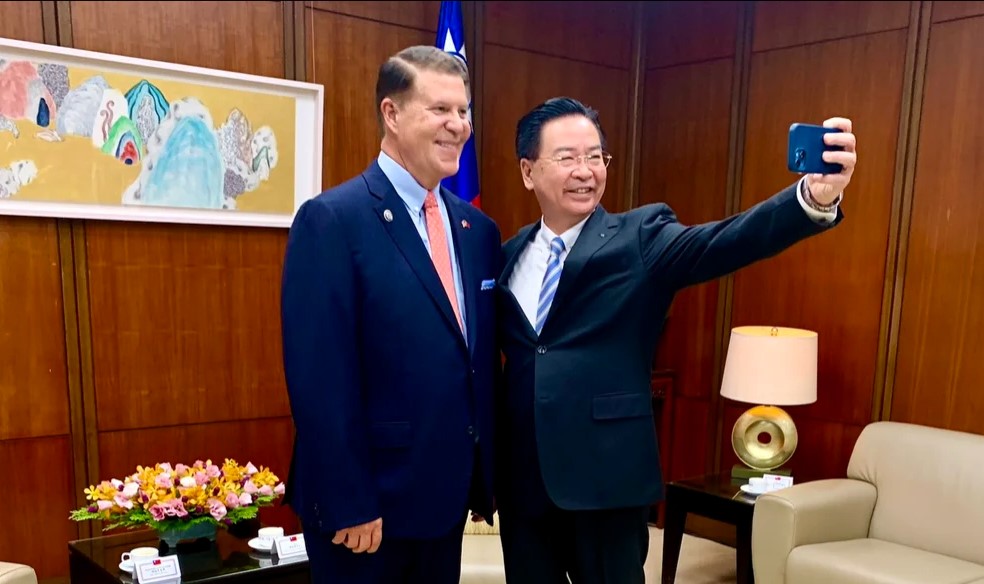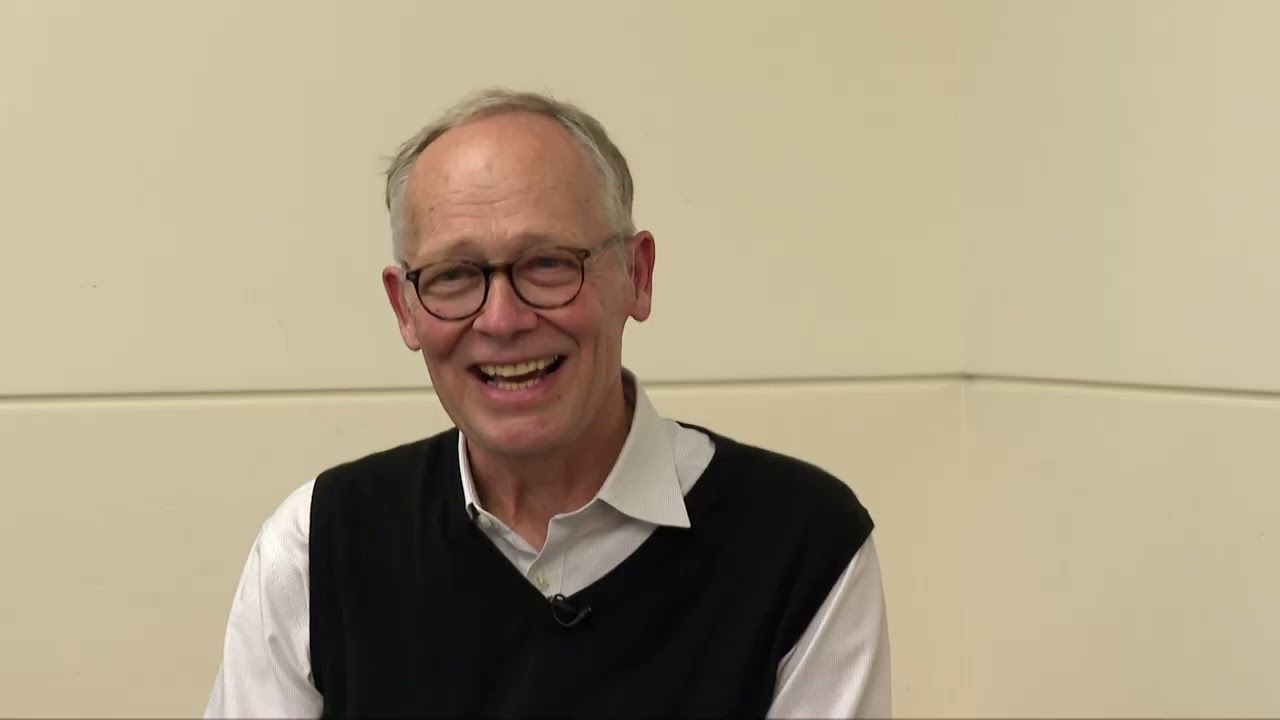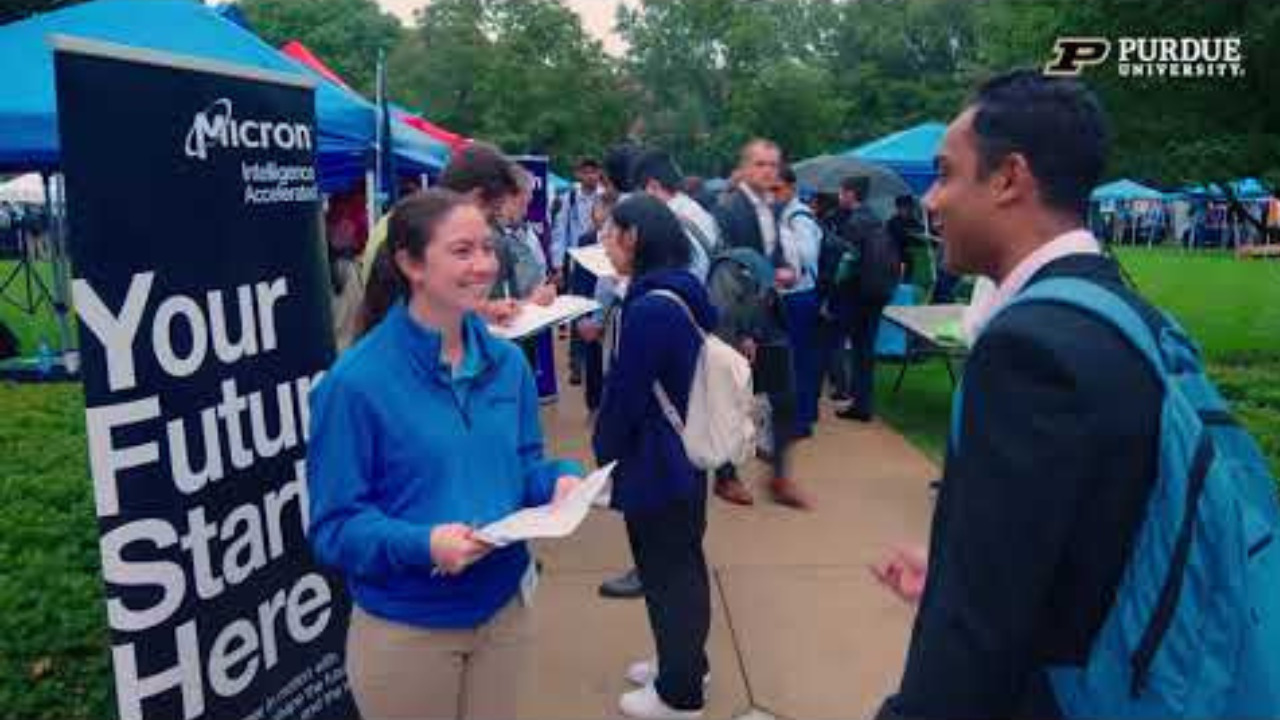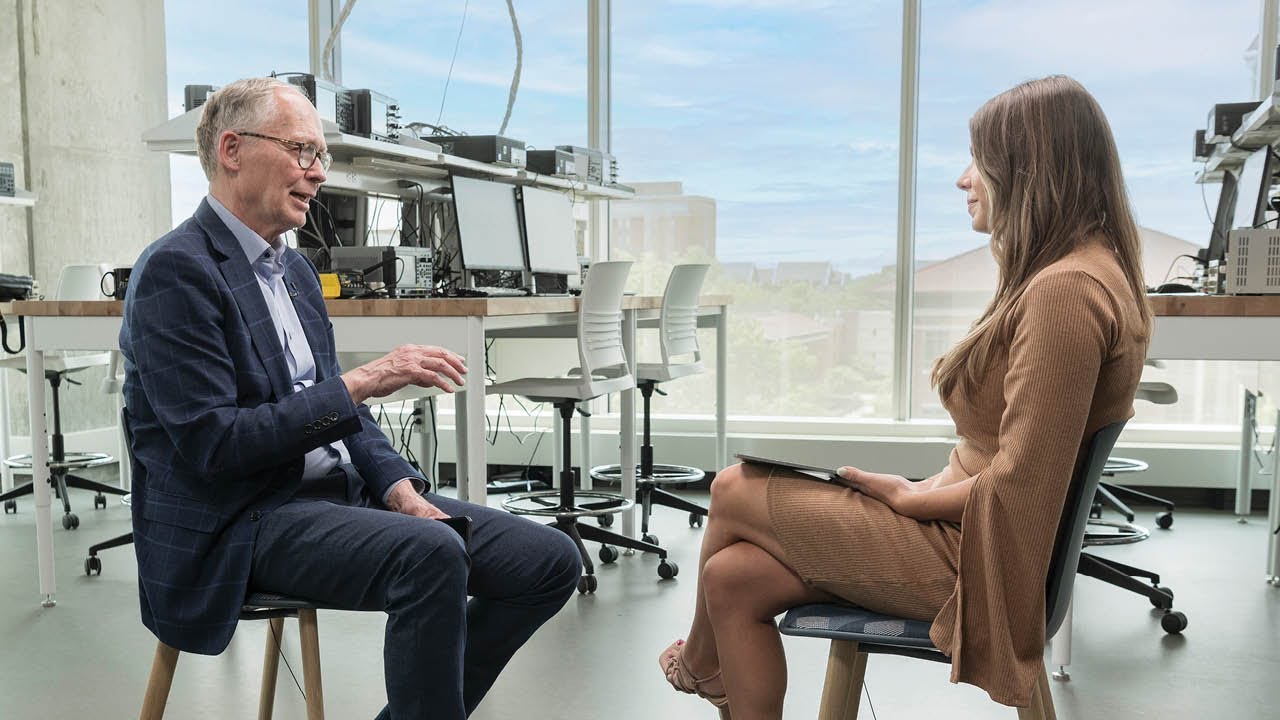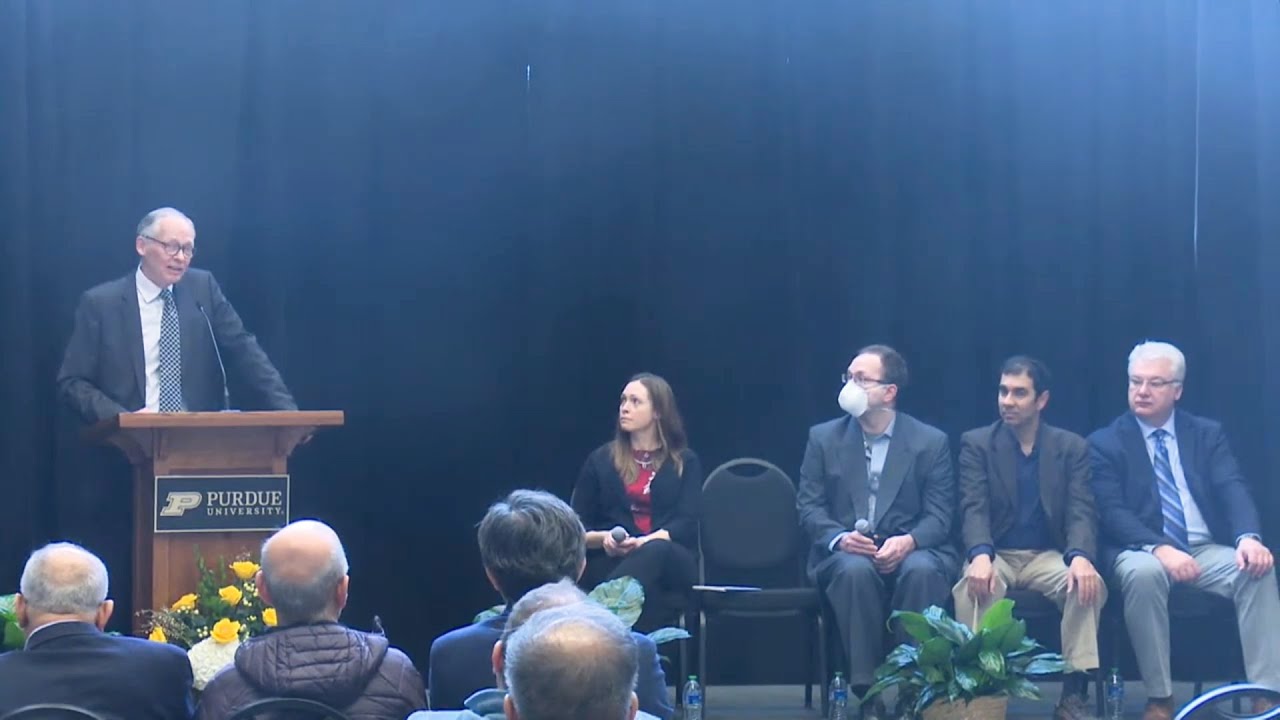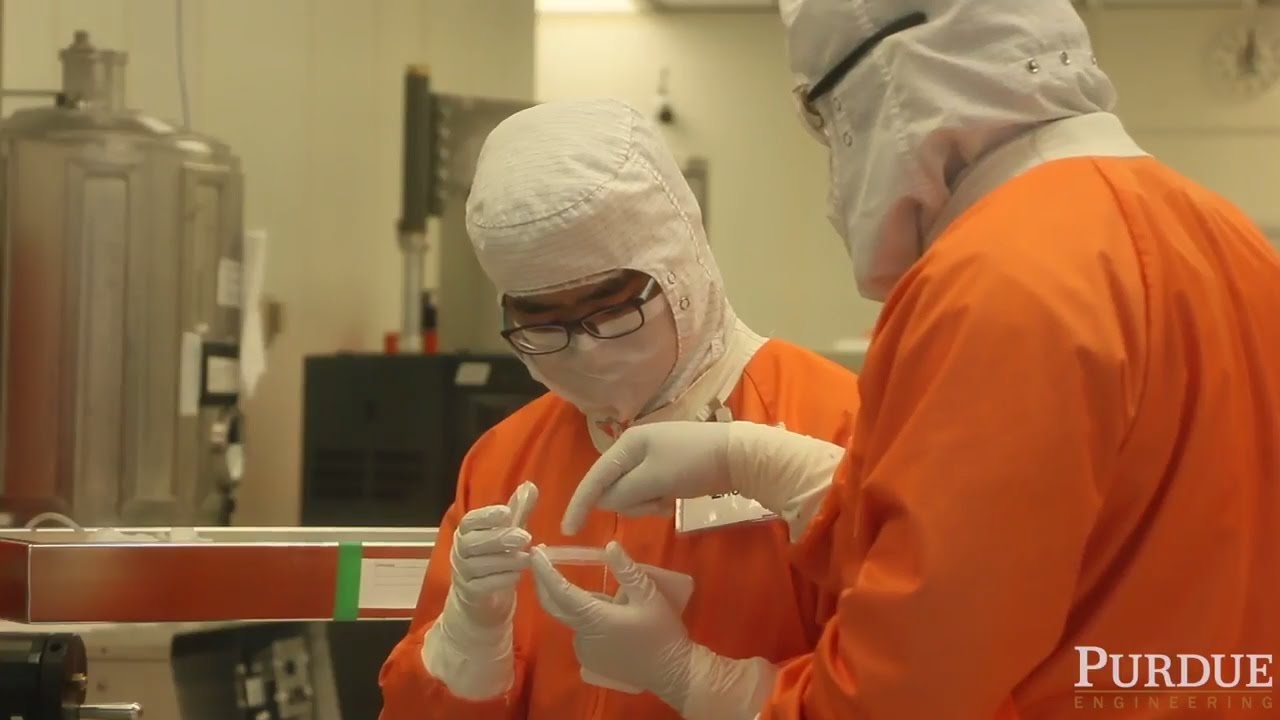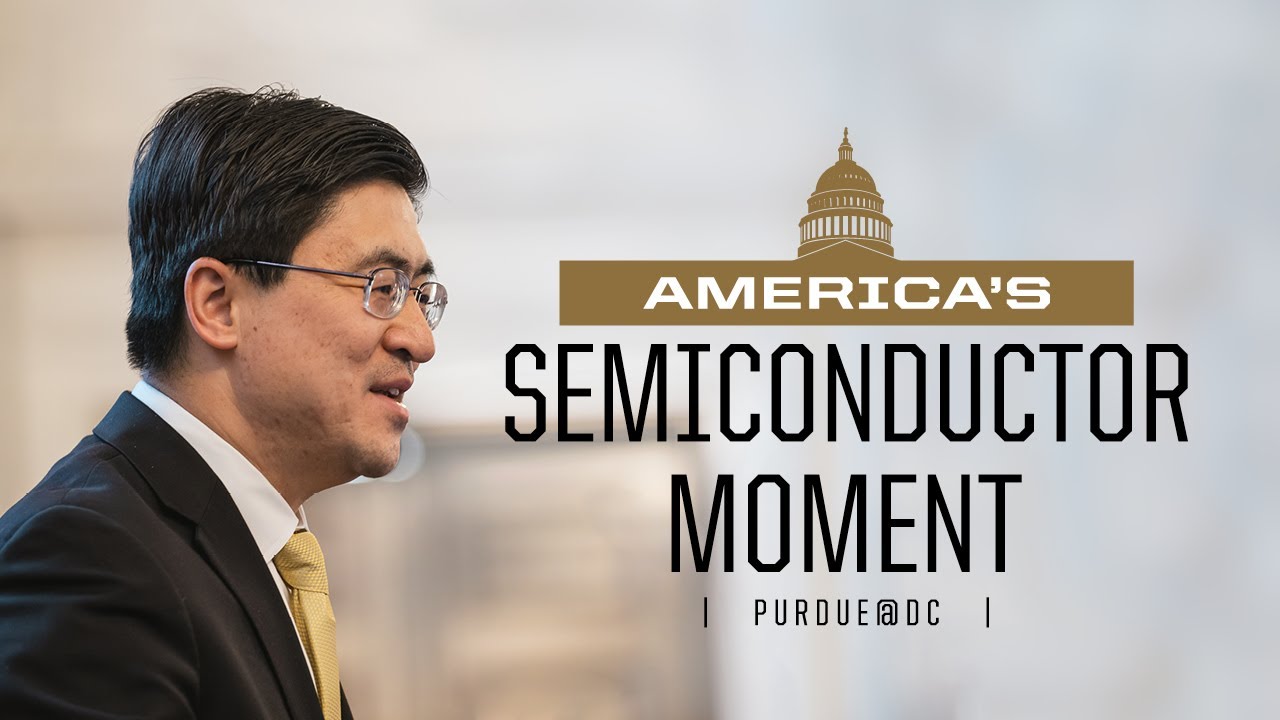Why Now?
The global chip shortage propelled a national conversation on the need to promote the American semiconductor industry and partner with allies, like Taiwan, through onshoring likeminded nations’ technologies to America.
- Semiconductors are an essential component of everything from cell phones to cars to defense technologies.
- The U.S. and its allies must promote efforts to on-shore, near-shore, and allied-shore multiple aspects of the semiconductor supply chain. Next generation chips must be designed and developed in the U.S. and allied countries.
- Investing in workforce development is essential to build a robust semiconductor manufacturing base in the U.S. Purdue University is the leading way, launching the only interdisciplinary MS degree focused entirely on the area of semiconductors and microelectronics offered at any of the top-10 ranked Engineering Colleges in the country.
International partnerships accelerate technological advancements, and interoperability of innovations ensures the safety and security of the United States and our allies. Purdue's groundbreaking initiative brings Technology Diplomacy to the forefront of international engagement and strengthens the foundation for peace and security worldwide.
Senior Visiting Fellow
Krach: “What I discovered during my public service as the Under Secretary of State was that Silicon Valley tech entrepreneurs and Washington politicians don’t speak the same language. They may as well be from different planets.
To lawmakers, terms like 5G, AI, EV, quantum are meaningless. Until we brought the TSMC fab to the U.S. and architected the CHIPS and Science Act, “chips” were something you ate.
To the startup crowd, techies, and engineers, foreign policy is really foreign. There is not much of an appreciation for how much their work impacts national security. If you’ve ever watched Congressional hearings about high tech, they’re entertaining and scary at the same time.”
Talking technologies, Semiconductors with Anthony Yen
As part of the Purdue Engineering Distinguished Lecture series, Jitendra Malik joined to discuss “Is Computer Vision and Robotics amenable to ChatGPTification?” on April 6 at Purdue University.
Semiconductor companies at Industrial Roundtable 2022
Purdue University is uniquely positioned to offer a full range of options for partners interested in semiconductors and microelectronics: research and development, workforce development, and business growth. As a world class university that moves fast and gets things done, Purdue pursues excellence at scale, with the largest engineering college (over 15,000 engineering students) ever ranked among the top 5 in the U.S.
Purdue’s inaugural Chief Semiconductor Officer
Mark explains what semiconductors are, why they’re important and how Purdue is working hand in hand with semiconductor industry leaders to train the next generation.
Changing how the U.S. will work in the next digital economy
Purdue Engineering-hosted panel discussion with faculty from the Center for Secure Microelectronics Ecosystem (CSME) and the DOD-supported Scalable Asymmetric Lifecycle Engagement Microelectronics Workforce Development program (SCALE).
Nanotechnology Research at Purdue
Purdue University researchers, during an international conference, showcased a range of concepts and technologies that foreshadow the future of the semiconductor industry.
Bringing together key semiconductor partners
Purdue has taken the lead among American universities in tackling our nation’s semiconductor concerns – and we’re not doing it alone.
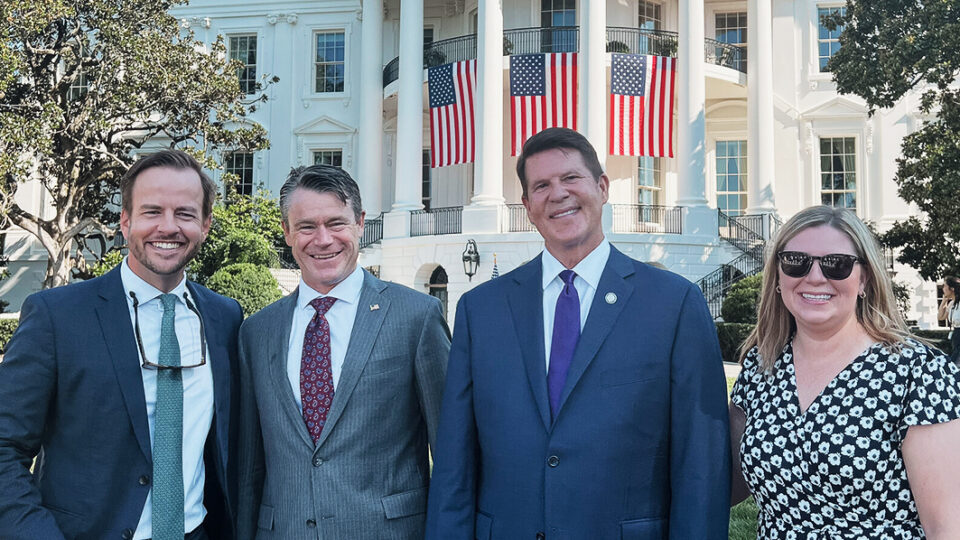
CHIPS Act Architects at Krach Institute for Tech Diplomacy at Purdue Welcome Commerce Department’s SK hynix Announcement
Keith Krach with Indiana Senator Todd Young and his team during the CHIPS and Science Act signing ceremony at the White House, August 10, 2022.
